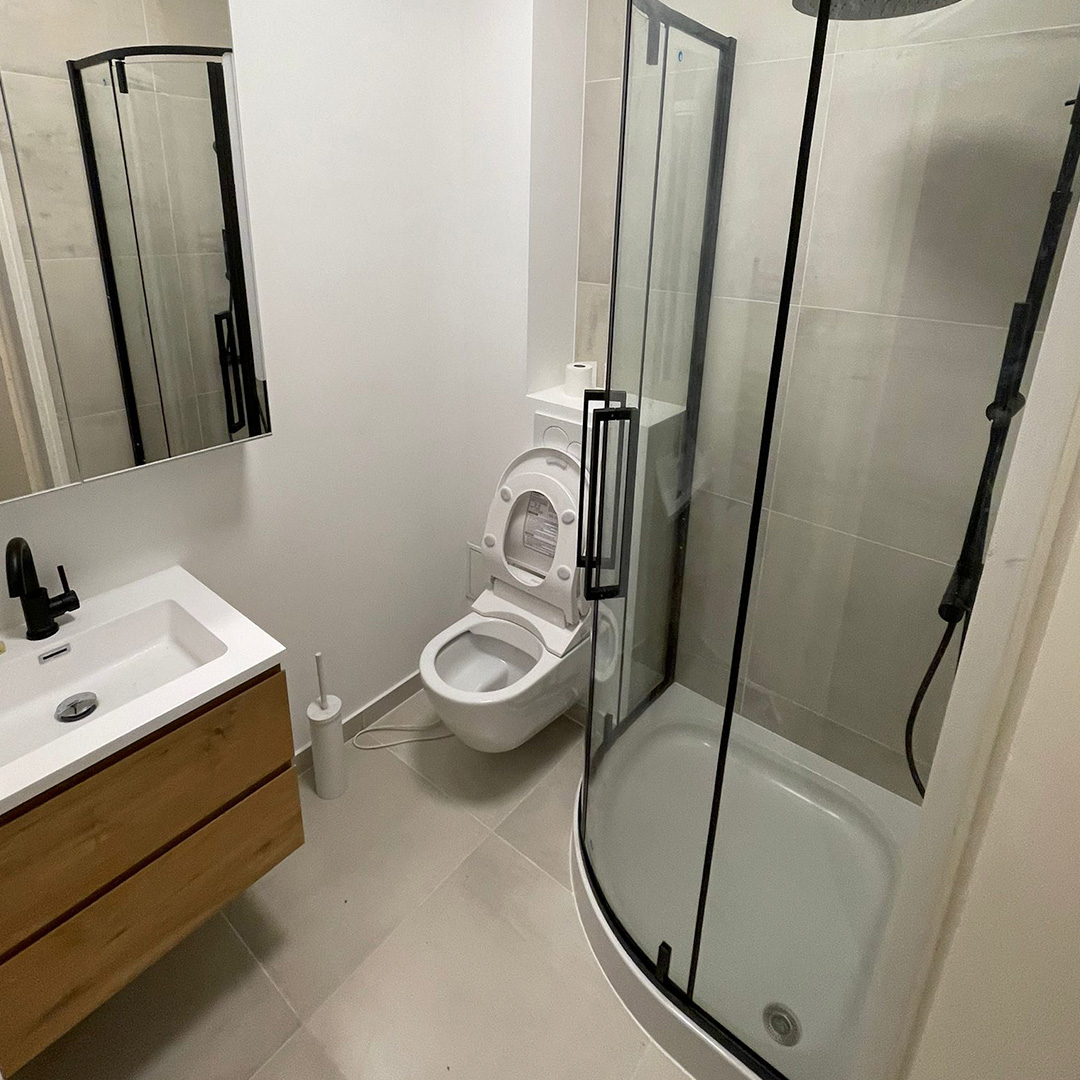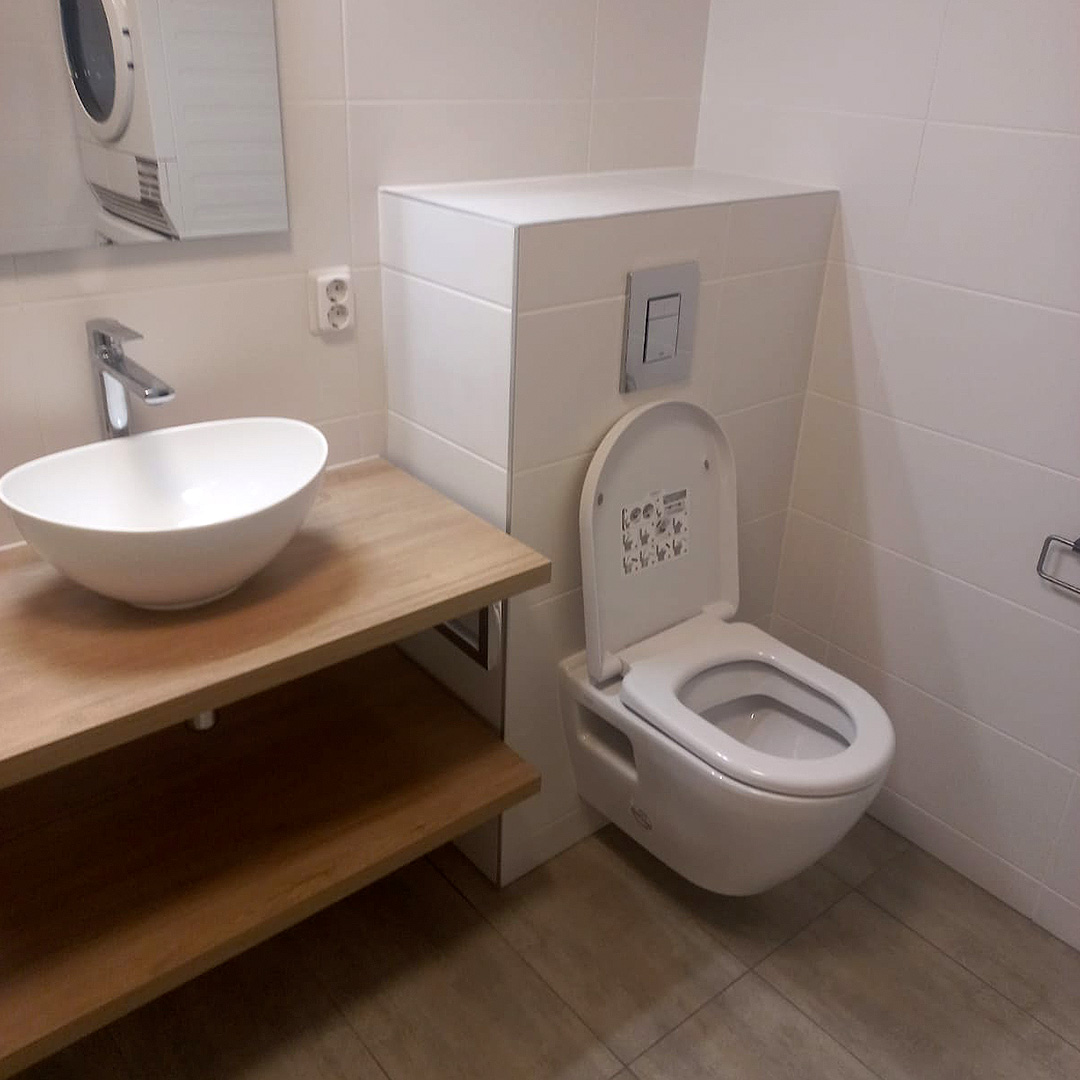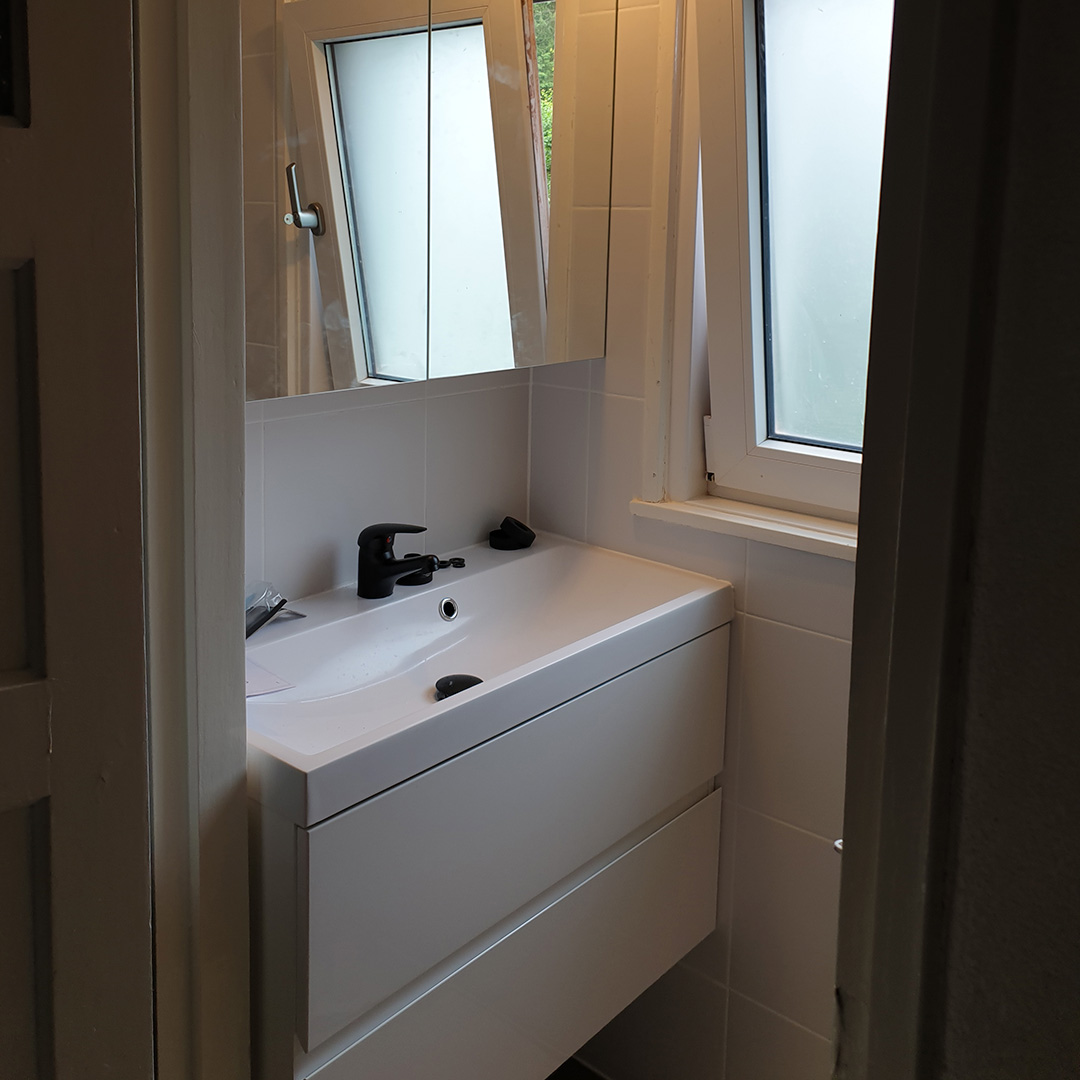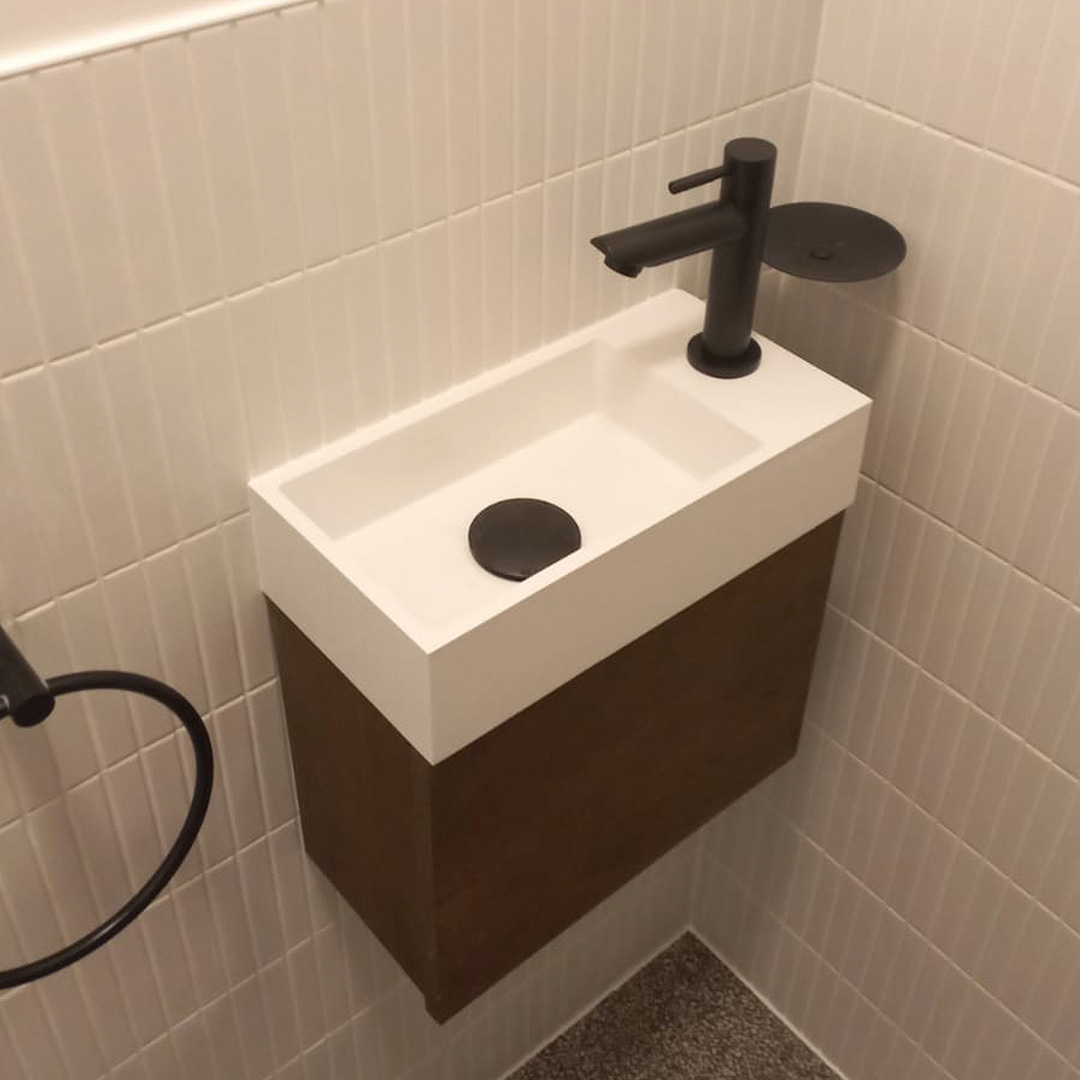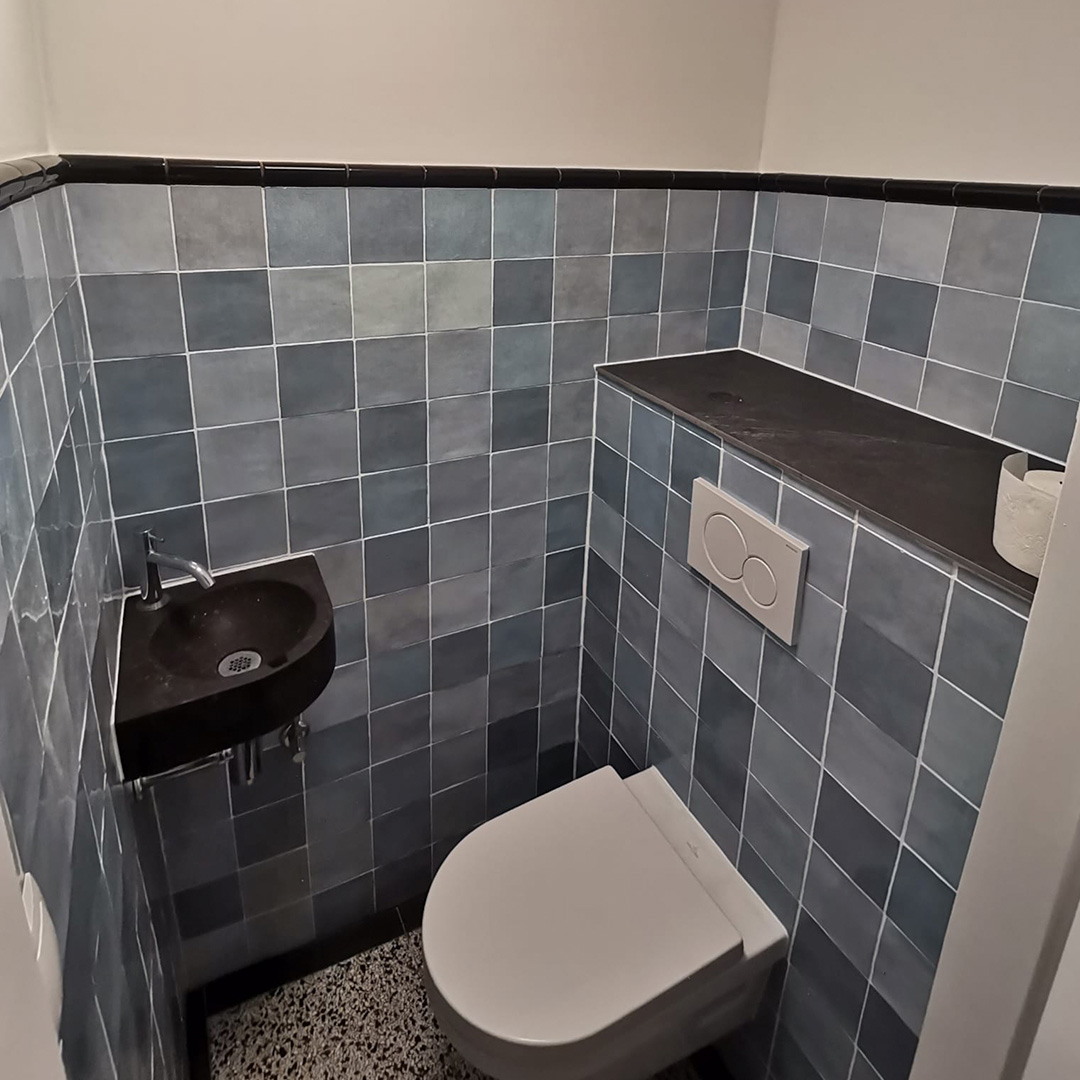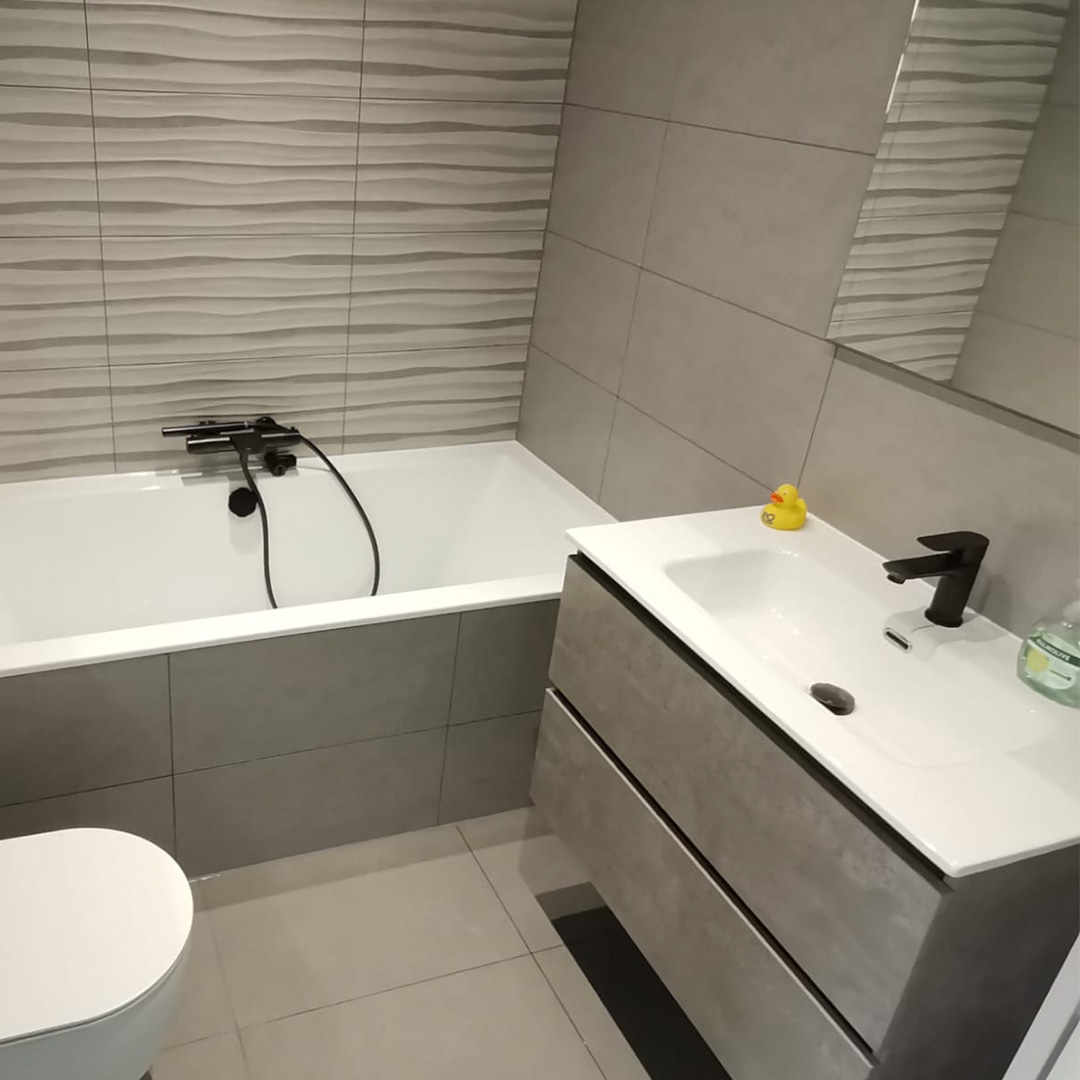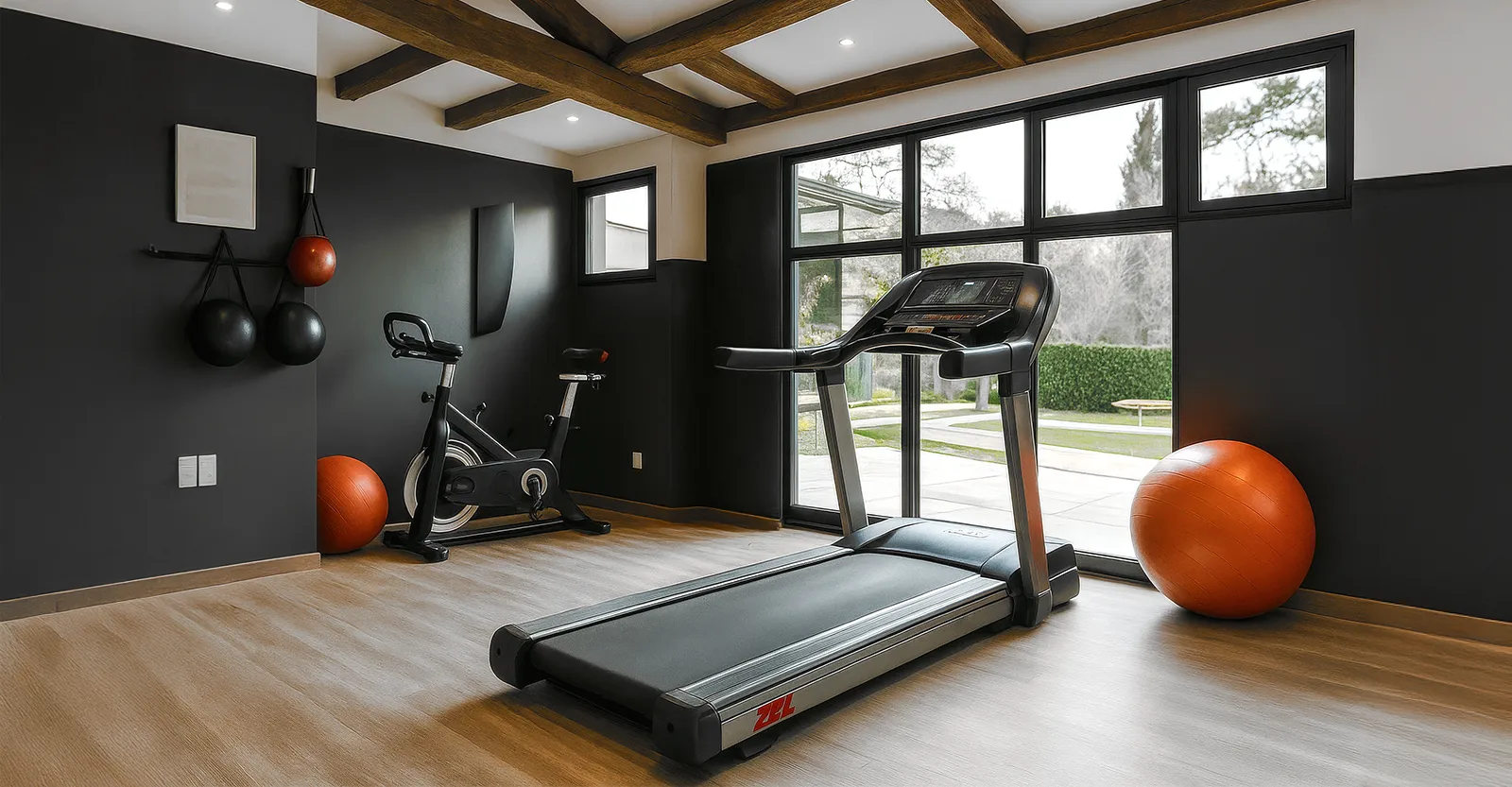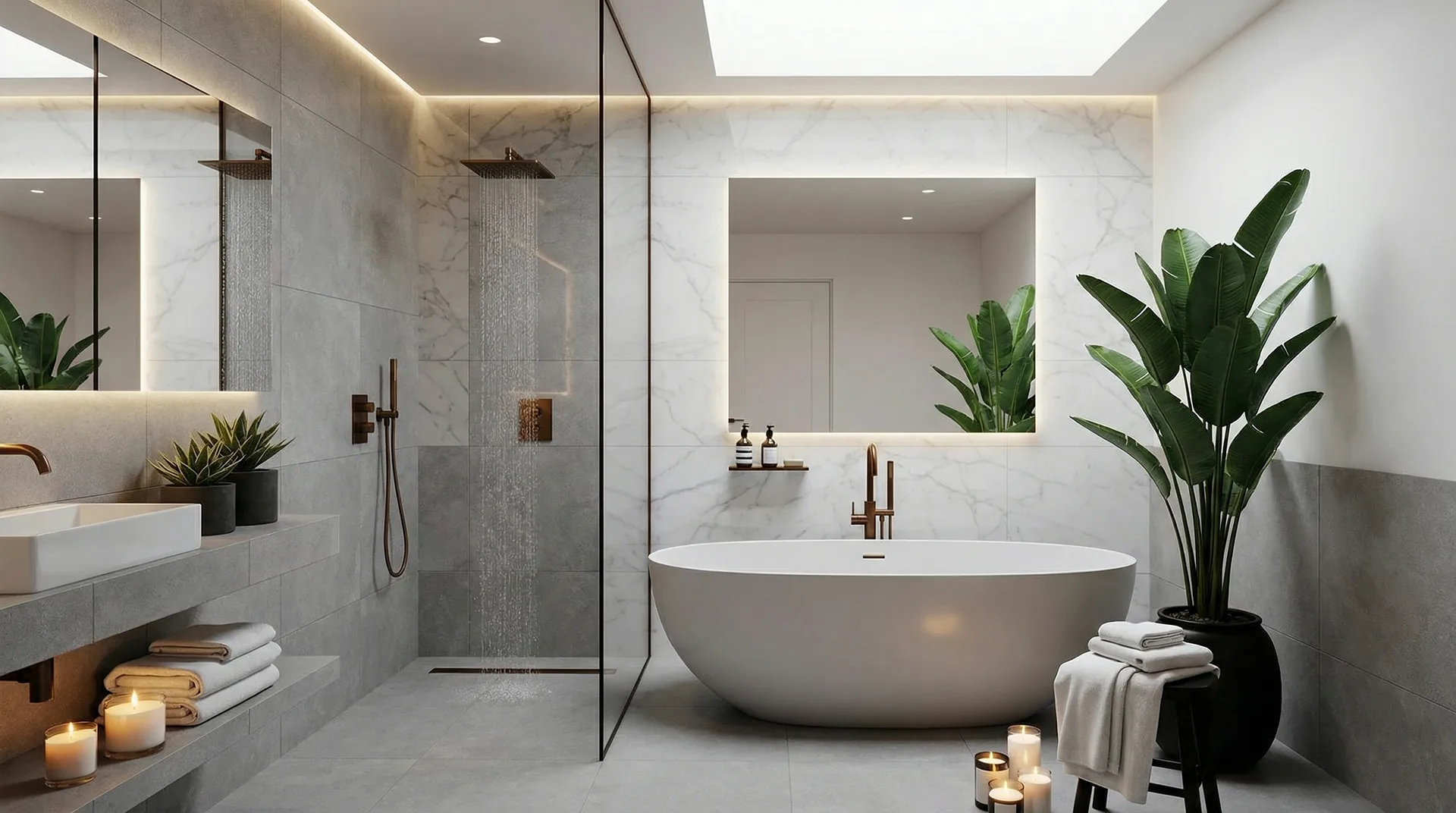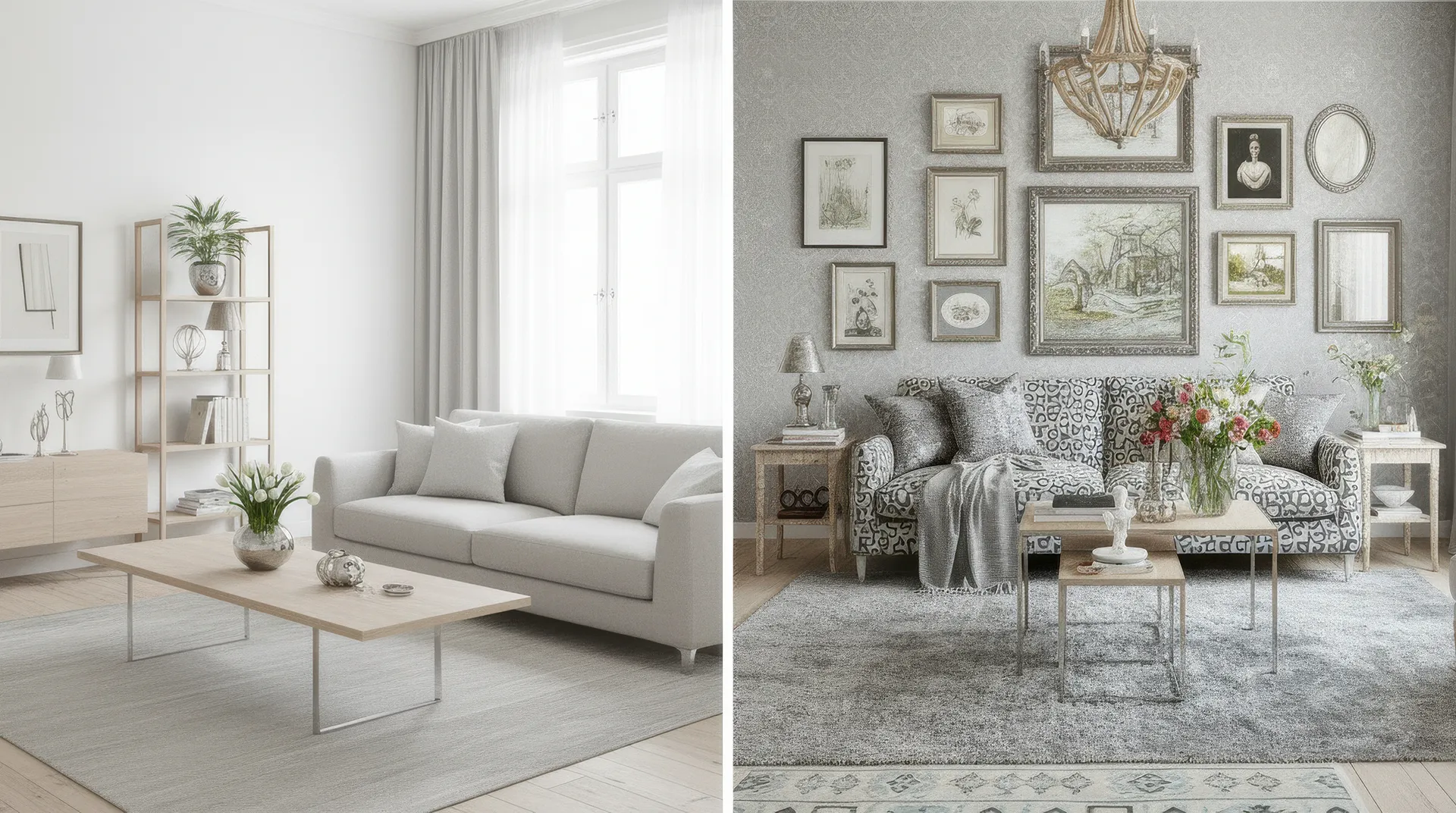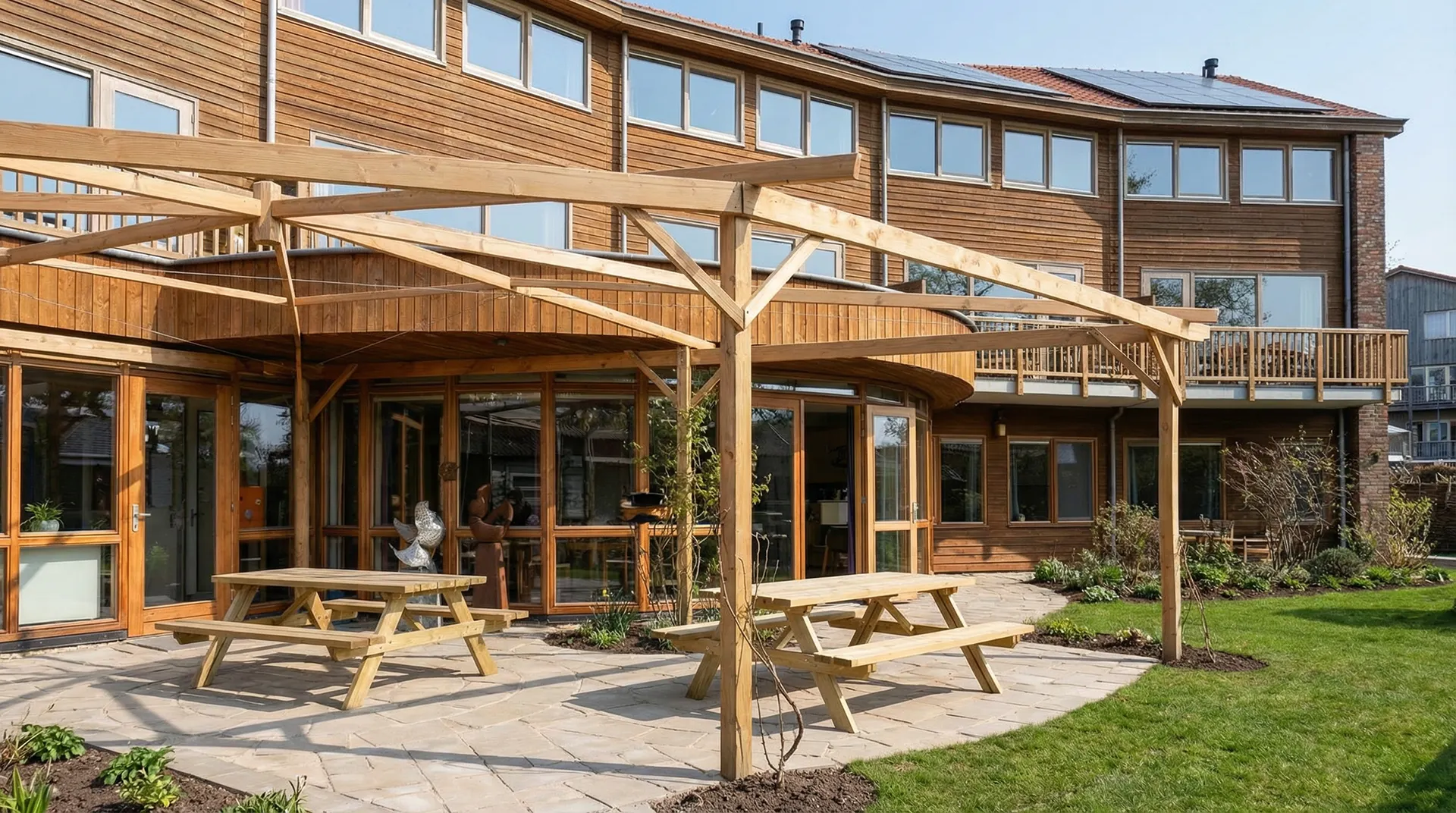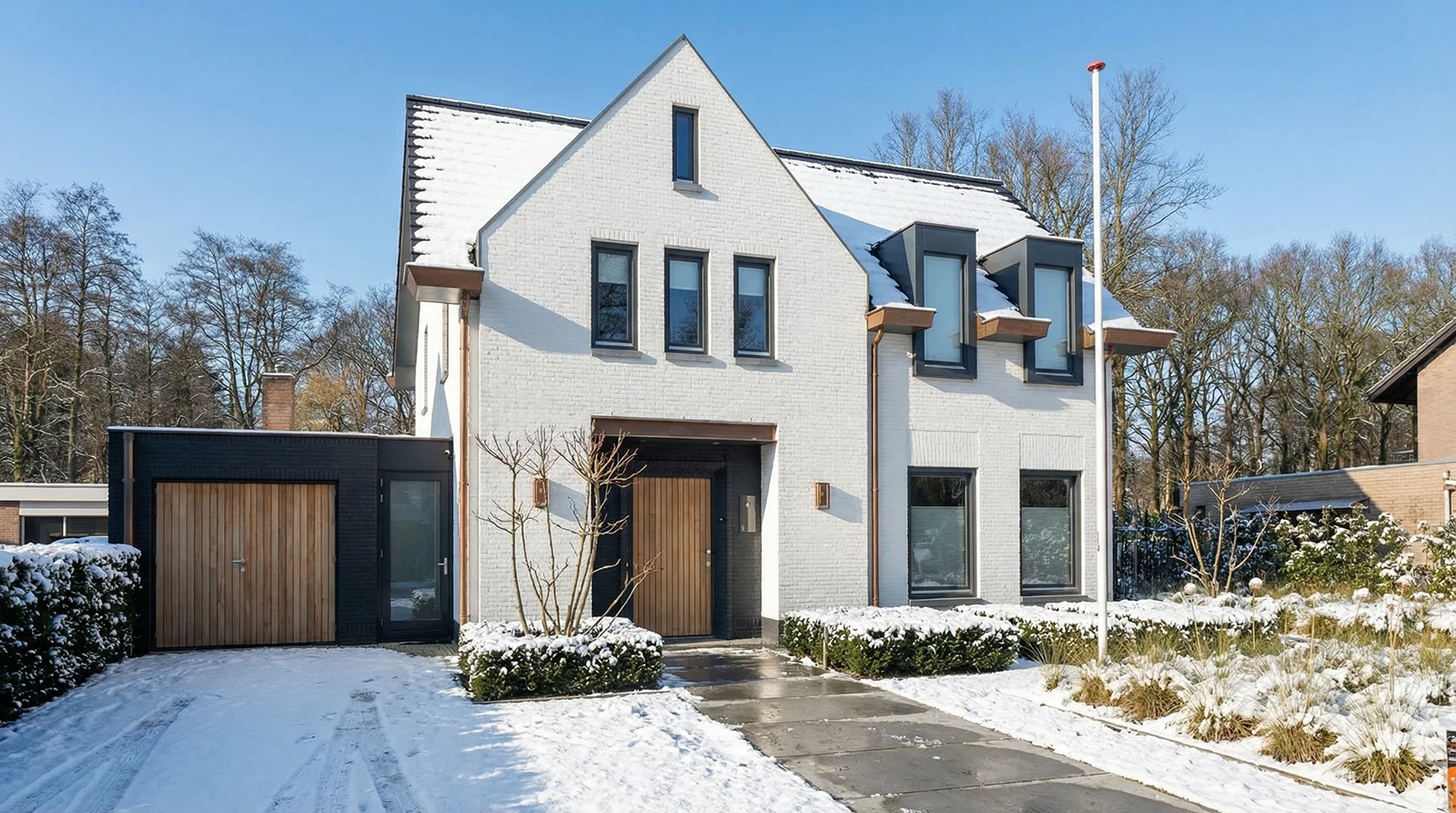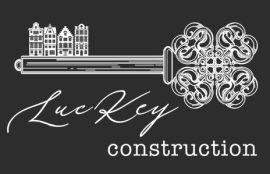Across the Netherlands, garages are undergoing transformations, shifting from mere car shelters or storage areas to versatile and valuable additions to living spaces. This garage conversion trend reflects changing lifestyles, remote work patterns, and a growing desire among homeowners to maximise the potential of their properties. Here we delve into some of the most popular garage conversion ideas, along with practical considerations like design and permits, to help homeowners navigate this increasingly popular renovation path.
From Storage to Stylish Living Spaces
Garage conversions have gained popularity for their practicality and potential to significantly enhance living spaces. Dutch homeowners are turning their garages into everything from spacious living rooms to cosy guest suites. The transformation typically involves upgrading insulation, installing appropriate heating and lighting, and thoughtfully integrating the converted space with the rest of the home.
One of the most popular approaches is creating an open-plan family room or extended kitchen-dining area. Large windows or sliding doors often replace the original garage doors, welcoming abundant natural light and creating a seamless indoor-outdoor transition, ideal for socialising and family gatherings.
Home Offices and Workspaces
With the rise of remote working, converting garages into home offices or studios has surged in popularity. A garage, separate from the main household hustle, provides a tranquil, focused environment ideal for productivity. Homeowners often opt for designs that prioritise daylight, quietness, and ergonomic comfort, integrating smart storage solutions and customised desks to optimise the workspace.
Adding soundproofing and high-quality ventilation ensures comfort throughout the working day, while strategic lighting enhances productivity. Dutch homeowners increasingly favour sleek, minimalist designs for these conversions, creating inspiring and clutter-free environments.
Creative Studios and Hobby Rooms
Garages are also becoming coveted creative spaces for artists, musicians, or hobby enthusiasts. Many homeowners in the Netherlands are choosing to transform these areas into specialised studios for music, art, crafting, or even yoga and fitness. Acoustic insulation, proper flooring, and tailored storage solutions are essential considerations in these transformations.
Whether designing a painter’s atelier flooded with natural light or an insulated music room capable of containing sound, these conversions allow homeowners to pursue passions without compromising domestic peace.
Practical Considerations: Permits and Regulations
Before embarking on a garage conversion, homeowners must consider local building regulations and permit requirements. In the Netherlands, obtaining necessary permissions and informing the municipality or Association of Owners (VvE) is the homeowner’s responsibility. Regulations can vary significantly by region, so contacting your local municipality to clarify specific requirements is crucial.
Common considerations include ensuring adequate ventilation, meeting fire safety regulations, and maintaining structural integrity. These regulations aim to guarantee that converted spaces remain safe, functional, and compliant with building codes.
Sustainable and Energy-Efficient Designs
Sustainability remains at the forefront of garage conversion trends in the Netherlands. Homeowners frequently opt for energy-efficient insulation, double-glazed windows, and underfloor heating systems, significantly improving the energy profile of their properties.
Incorporating solar panels or using sustainable materials further aligns these projects with the Netherlands’ ambitious environmental goals, making conversions not only beneficial for homeowners but also kinder to the environment.
Final Thoughts
Garage conversions represent an exciting opportunity for homeowners to creatively extend their living spaces, accommodate changing lifestyles, and enhance property value. Whether creating vibrant family areas, tranquil workspaces, or specialised hobby rooms, thoughtful design and careful planning are key.
As this trend continues to gain momentum across the Netherlands, garages once intended merely for cars are becoming dynamic extensions of the home, reflecting the diverse interests and evolving needs of modern Dutch families.

